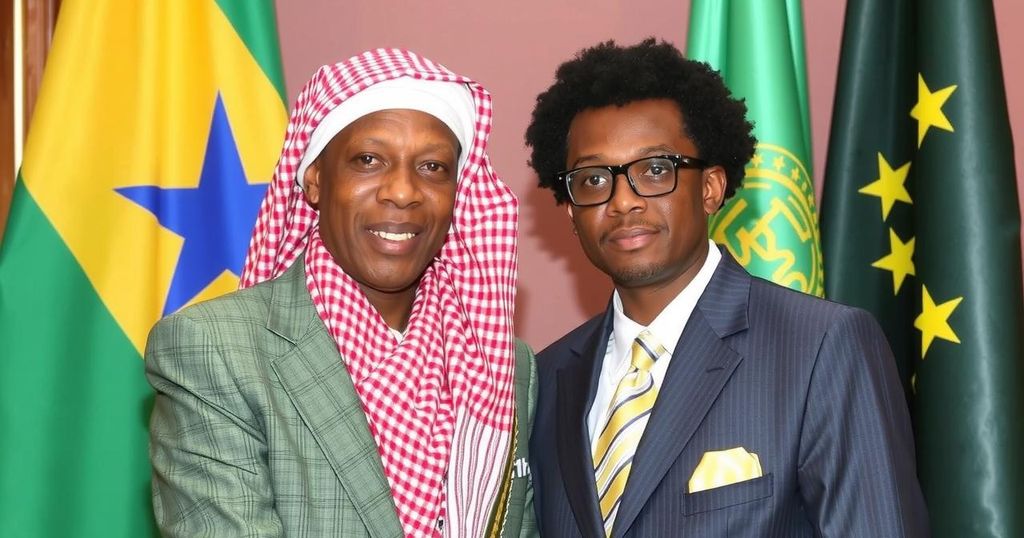Somaliland has reaffirmed the validity of its Memorandum of Understanding with Ethiopia, countering recent developments from the Ankara Declaration which established new ties between Somalia and Ethiopia. Amid rising tensions, Somaliland emphasizes the distinction between its agreements and Somalia’s negotiations. This assertive stance reflects Somaliland’s ongoing quest for recognition and the intricacies of regional diplomacy.
In the wake of the recent Ankara Declaration that established a new agreement between Somalia and Ethiopia, Somaliland has firmly stated that its existing Memorandum of Understanding (MoU) with Ethiopia remains intact. Somaliland official, Abdulahi Mohammud, asserted their focus on their internal affairs, distancing themselves from the developments between Mogadishu and Addis Ababa. This proclamation comes amid rising tensions, notably following Somalia’s expulsion of Ethiopian diplomats and attempts to limit Ethiopia’s involvement in regional mission efforts, underscoring a complex relationship.
Despite Ethiopia’s engagement with Somaliland for strategic access to the Red Sea, and the acknowledgment from Ethiopian leaders regarding Somalia’s sovereignty, some analysts suggest that the new developments imply a challenge to the legitimacy of the Somaliland-Ethiopia MoU. Abdurahman Seid, a political analyst, signified that the language used in the Ankara Declaration could suggest that the existing agreement with Somaliland has potentially lost its validity. Furthermore, the recent shift in leadership in Somaliland, with the election of President Abdirahman Mohamed Abdullahi, indicates a renewed commitment to pursue international recognition and strengthen ties with Ethiopia based on existing agreements.
In summary, Somaliland’s official reaffirmation of its MoU with Ethiopia, despite external pressures and evolving diplomatic landscapes, portrays their steadfastness in navigating regional politics. As discussions continue, the interplay between these nations remains a focal point of interest in the Horn of Africa, highlighting both the pursuit of recognition and the sensitivity of diplomatic relations.
The situation surrounding Somaliland’s relationship with Ethiopia emerges from a historical context of its push for independence and national recognition since breaking away from Somalia in the early 1990s. While Somaliland has sought international legitimacy and established its own governance systems, Somalia maintains a stance of unity, often seeking to assert its authority over regions that have declared independence, including Somaliland. Concurrently, Ethiopia values strategic access to the sea, which remains a point of contention among these nations. The Ankara Declaration signifies a critical moment in negotiations that could redefine regional alliances and complicate ongoing efforts to stabilize the Horn of Africa.
In conclusion, the assertion by Somaliland that its MoU with Ethiopia is still in effect highlights the complexities of regional diplomacy in the Horn of Africa. As international stakeholders navigate these relationships, the unique interests of each entity must be accounted for, particularly against the backdrop of Somalia’s claims to sovereignty. The dynamics remain fluid and will require ongoing dialogue to ensure stability and collaboration in the region.
Original Source: www.garoweonline.com







